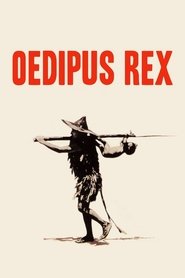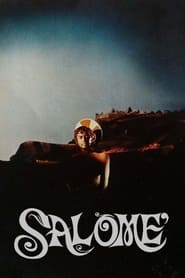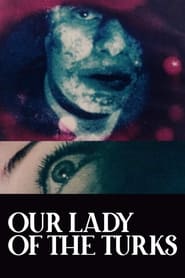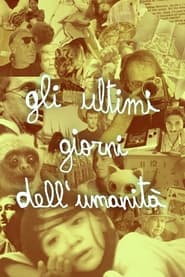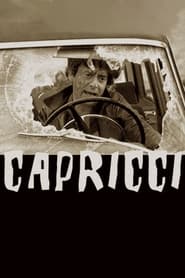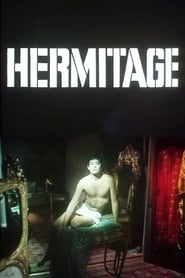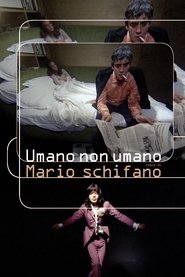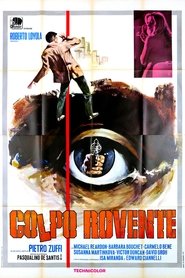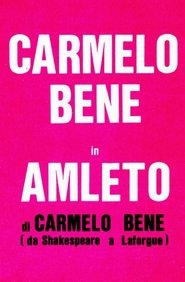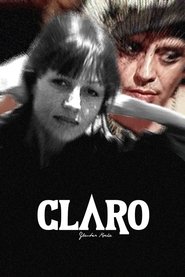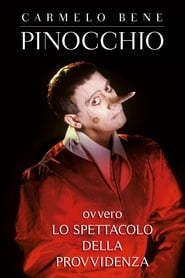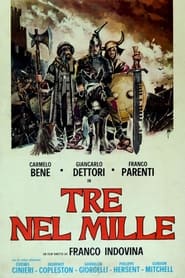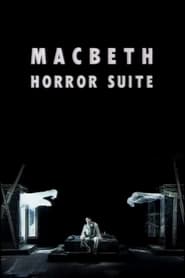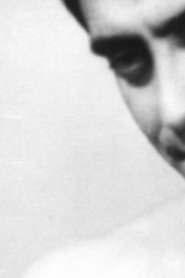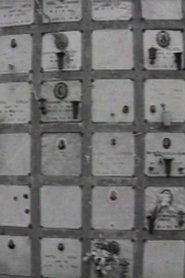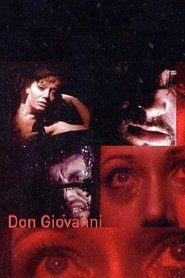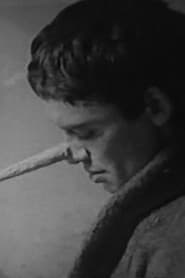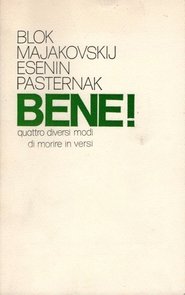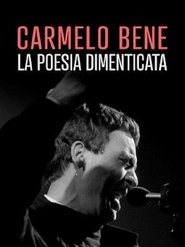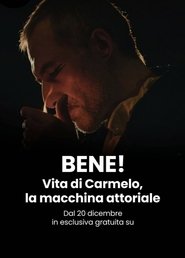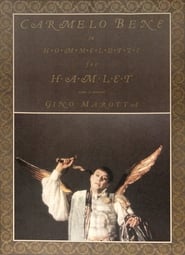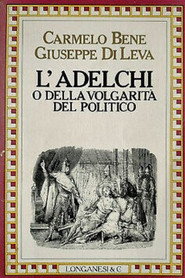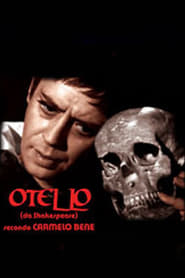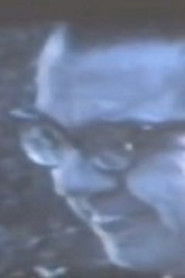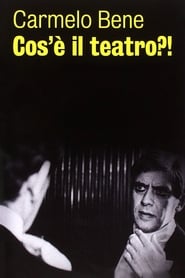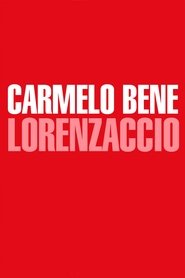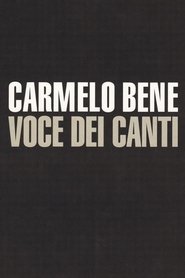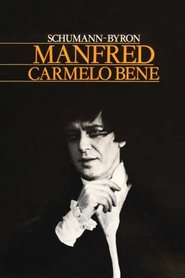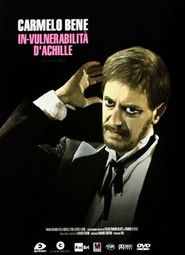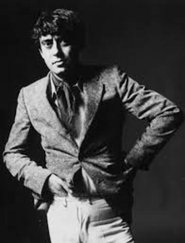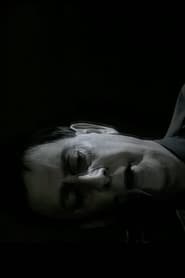Carmelo Bene
The filmmaking career of Carmelo Bene (1937 - 2002) lasted from 1968 to 1973, six years out of a lengthy time spent in the theater that made Bene one of the most celebrated figures of the Italian avant-garde in the second half of the 20th century. Bene first made a name for himself with a controversial production of Camus’ Caligula in Rome in 1959. Subsequent productions retained this sense of notoriety, and Bene (like Pasolini) quickly acquired a police record. Bene, however, would come to bemoan the controversy his work created, because it attracted an audience looking for shocks and titillation, while he himself was more concerned with reinventing the vocabulary of the theater: sets, gestures, texts. Bene’s turn to cinema expanded that quest to reinvent. His films resist synopsis because, although they are often derived from narrative sources, Bene uses these sources against themselves and as a springboard for his critique of the stultifying traps of representation and interpretation. The films are wildly inventive and visually arresting on several levels: the performance styles of his actors, including eccentric movements, gestures and grimaces; the sets, costumes and makeup; the editing; and the use of the camera, with stable shots regularly punctuated by handheld camera work, extreme close ups and the occasional baroque use of zooms, dollies, cranes, elaborate pans and exaggerated camera angles. They resemble something like the work of Jack Smith crossed with the experimental Pasolini of Teorema and Pigsty. One constant feature of Bene’s work is its satire of heterosexuality. The two sexes keep trying to communicate with each other, but always fail to do so. Bene’s work constantly deflates masculinist pretenses at mastery: his male characters tend to be hapless and often hysterical, while his female characters are alternately predatory and remote, and unknowable in either case. But this satire is merely the most visible form of Bene’s revolt against convention and communication. Over and over again in the films, everyday actions become hopelessly complicated or endlessly interrupted. His characters often end up staring quizzically offscreen or even into mirrors, as if they were no more sure than we are of the meaning of what they see. Indeed, identity and by extension agency seem to get suspended, along with meaning. What is left is glorious spectacle and enigmas for the eyes and ears: endless music; babbling, stuttering text; excessive and exciting images. – David Pendleton
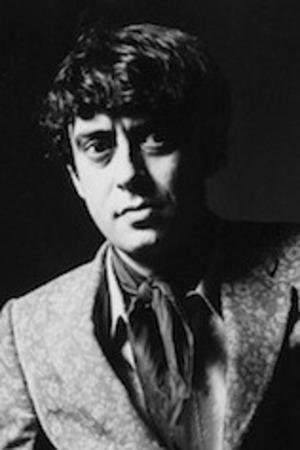
Oedipus Rex
as CreonteIn pre-war Italy, a young couple have a baby boy. The father, however, is jealous of his son -...
Movie pageOne Hamlet Less
as HamletThe Prince of Denmark, Hamlet, is little interested in family affairs and the fate of the...
Movie pageSalomé
as Erode Antipa / OnorioSalome is the daughter of the second wife of King Herod. The King is infatuated with her and,...
Movie pageOur Lady of the Turks
as The ProtagonistTo the protagonist, an intellectual so feverish that he seems pathologically unrecoverable, a...
Movie pageNecropolis
as uncreditedFrankenstein's monster gropes towards the awareness that his mind is a universe; Attila, naked...
Movie pageThe Last Days of Humanity
as Self (archive footage)The panorama of human affairs encounters the “man with a movie camera”. His playground has no...
Movie pageCapricci
as PoetAfter a fight in their apartment, the story of a writer and a painter are divided. The writer is...
Movie pageHermitage
as The ManHermitage, defined by Bene as "a rehearsal for lenses", beyond any literal rendition - its...
Movie pageUmano non umano
as SelfArtists and poets meet in a dreamlike space between walks and performances.
Movie pageRed Hot Shot
as Billy DescoFrank was removed from an investigation into Mac Brown, the owner of a pharmaceutical company,...
Movie pageAmleto di Carmelo Bene (da Shakespeare a Laforgue)
as AmletoAn experimental video variation on Shakespeare's Hamlet.
Movie pageClaro
as uncreditedIn the words of the director, a movie about 'the colonizers in the view of the colonized', the...
Movie pagePinocchio, ovvero lo spettacolo della Provvidenza
as Pinocchio / Geppetto / Mastro Ciliegia / Grillo Parlante / Mangiafuoco / Volpe / LucignoloCatch As Catch Can
as PreteBob is a successful actor, but his career gets doomed by a strange phenomenon: the animal...
Movie pageTre nel mille
as PannocchiaA few days after the arrival of the year 1000, bearer of great misfortune according to the...
Movie pageRiccardo III
as Riccardo IIIRiccardo III is a theatre play staged in 1977 and also edited for television and aired in 1981,...
Movie pageMacbeth Horror Suite
as uncreditedMacbeth, the Thane of Glamis, receives a prophecy from a trio of witches that one day he will...
Movie pageBis
as uncreditedIn 1966, Bene presented The Pink and the Black, his successful theatrical adaptation of Matthew...
Movie pageAi Rotoli
as SelfA visit to the Rotoli cemetery in Palermo, while film director Carmelo Bene reads a fragment of...
Movie pageDon Giovanni
as Don GiovanniSpectacular Italian comedy-drama directed by Carmelo Bene. The narrative follows how Don...
Movie pageUn'ora prima di Amleto, più Pinocchio
as HimselfBackstage short documentary on Carmelo Bene’s theatre works Amleto and Pinocchio.
Movie pageBene! Quattro diversi modi di morire in versi: Majakovskij-Blok-Esènin-Pasternak
as uncreditedPerformance shot in 1977, in which emblematic actor Carmelo Bene, in the charming reconstruction...
Movie pageLa poesia dimenticata
as uncreditedCarmelo Bene reads poems by Dino Campana
Movie pageHommelette for Hamlet, operetta inqualificabile (da J. Laforgue)
as AmletoA TV movie variation on Shakespeare's Hamlet. The movie is a part of Carmelo Bene's multi-medial...
Movie pageOtello o la deficienza della donna
as uncreditedProduced by RAI and filmed in the Turin studios in 1979 but edited years later, in 2001-2002,...
Movie pageModi di vivere - Giorgio Colli. Una conoscenza per cambiare la vita
as uncreditedRealized in 1980 for Rai 2, it recalls the main phases in the life of Giorgio Colli.
Movie pageLorenzaccio, al di là di de Musset e Benedetto Varchi
as uncreditedVideo registration of Carmelo Bene's play 'Lorenzaccio, al di là di de Musset e Benedetto...
Movie pageVoce dei Canti
as uncreditedOn the occasion of the bicentenary of the birth, Carmelo Bene returns to the verses of the poet...
Movie pageManfred, versione per concerto in forma di oratorio
as uncreditedDrama by Lord George Byron, music by Robert Schumann. Filmed at Teatro Comunale di Bologna, 1979.
Movie pageIn-vulnerabilità d'Achille (tra Sciro e Ilio)
as uncreditedOne of the last TV performances by Carmelo Bene, from Publio Papinio Stazio and Henrich Von...
Movie pageVentriloquio
as Jean des EsseintesAdapted from the ninth chapter of the novel "Controcorrente" (1884) by Joris Karl Huysmans. Its...
Movie page